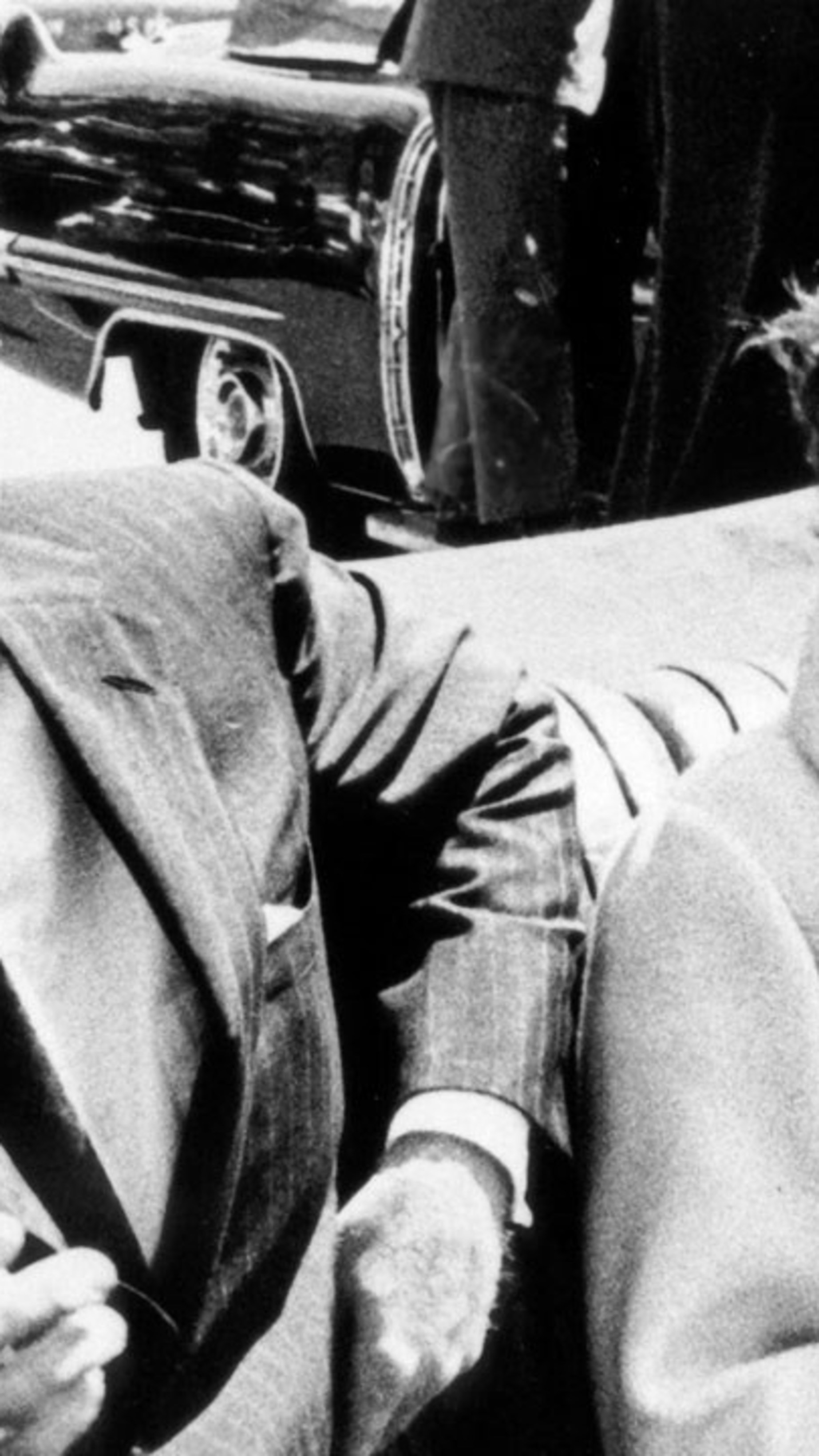
There is one podcast that stands out of the hundreds of others on the National Public Radio(NPR) docket. It is the name of a podcast that covers a wide variety of topics including biology, psychology, and medicine, albeit in a slightly unorthodox manner. This podcast aims to give the public a peek into the mind and research of an outstanding subject matter expert.
Shankar Vedantam (a well-known scientist/entrepreneur) produced the program. It is now available on hundreds of public radio stations across the nation. Vedantam, a former Washington Post reporter, recently decided to create his own independent production business. His new job gives him the chance to explore topics that are otherwise out of reach for freelancers.
While the budget was modest, the show did not sacrifice science. It is worth a listen for all discerning listeners. It's no surprise that Hidden Brain has been named to NPR's Top 25 List of Most Popular Podcasts. With nearly three million downloads to its credit, it is hard to believe that Hidden Brain did not become a weekly staple of NPR's schedule. It is back after a three-year absence. The show's return is expected to be very welcome. The podcast's greatest challenge will be finding new material. The Hidden Brain listeners have the good fortune to find Vedantam a master of all trades. The podcast's content is as eclectic and diverse as its subject material.
Vedantam is also a science lover and has been featured on the podcast. He is the author of two books on neuroscience and has published research papers. Vedantam also founded an independent production company. Vedantam believes in science, as his title indicates. The show's greatest accomplishment was establishing a standard quality in public broadcasting's otherwise murky waters. One can only hope that the show's best days are yet to come.

As with many NPR programs, the show's best days may be well behind us, but you can bet that Shankar Vedantam is looking to make his mark in other areas. This podcast will remain the brainchild of a highly-informed journalist. If you find yourself stuck in an office environment, it might be worth grabbing a few listeners and enjoying a drink with them. I hope that you will discover the hidden mind of yours and gain some knowledge. Until next time, happy podcasting! Best of luck. The secret to this program's success lies in a simple idea: make the best of what you have. We all need some assistance from time, Although the hidden brain is a long-awaited project, it will be a huge success with the support of its new occupants.
FAQ
Here are 5 fascinating facts about the liver
The liver is responsible in breaking down toxins, storing vitamins and mineral, and for regulating blood pressure. It helps maintain a steady body temperature and regulates blood pressure.
We hear it all the time: "I feel sluggish today" or "my head feels heavy". These symptoms could indicate problems with your liver.
Common signs include yellowing skin, dark urine, fatigue, nausea and vomiting, weight loss, stomach cramps (yellow coloration), itching, and jaundice (yellow colouration). These aren’t the only warning signs. If you feel any of these warning signs, consult your doctor immediately.
The liver is an important organ. It is responsible for detoxification as well digestion, metabolism and immunity.
-
The average adult liver weights about 1,400g.
-
At birth, a baby's liver is half the size of an adult. It can grow to four times the size of an infant's liver by the age 3.
-
The liver is located below the ribs on the left-hand side of your abdomen.
-
The liver is divided into 16 major lobes. However, there are many smaller lobules that are within these lobes.
-
The liver is home to approximately 10 million red blood cell units.
What is the most secretive town in the world?
You might be surprised at the answer. It could even make you uncomfortable, because it challenges how reality is perceived and lived. But there is an explanation for why this place exists, and it's not what you would expect.
The City of God was its name by the ancient Greeks. According to the Bible, it was called the City of Destruction.
In India, it's called Kashi (Kashmir). It is also called Novgorod in Russia.
But here in America, it goes by another name - The Town That Disappeared.
One tiny town in western New York State lost its 1,200 inhabitants without trace. With the exception of a road marker pointing to its former site, there were no remains: cars, bodies, houses.
This little town disappeared, leaving no clues about where it went or when. Some claim the earth swallowed it. Others believe it was destroyed by a meteorite. Others believe that aliens took it.
Regardless of what happened, residents of this once-thriving town are certain that their town won't be forgotten forever. They just moved to another city.
A website is available to track the disappearance and recovery of Zugspitz, which was lost in the Great Depression.
So, where exactly did this town go? It's in Switzerland.
Zugspitze is situated on the border between Germany und Austria. The lake Lake Zugspitze is just beyond the mountain's summit.
It's always fascinated me how so many towns disappear, yet others remain. Is it possible that some towns disappear and others are preserved? I decided to investigate.
I was curious about the disappearing towns. What causes a town to disappear? What makes a place disappear?
It turns out that there are several theories about the phenomenon of vanishing towns. One theory holds that a town disappears if all its buildings are demolished. Another theory says that the town just moves. A third theory holds that the town did not exist.
The fact is that hundreds of towns all over the world have been swept away by the ground, despite theories to the contrary. This video examines the history and current status of these places.
What is the reason actors are blacklisted?
If you are an actor, you will get more rejection than if you are a writer. Actors are likely to be rejected often. But it doesn't matter because eventually, you'll find someone who loves you.
Actors have a lot of talent, so they can make a decent living almost anywhere. However, most actors aren't interested in making money. Actors love acting, and love telling stories. So if you're an actor, chances are you're going to put yourself out there.
You might even go to auditions where you're told that you're too old, too young, or not right for the role. Sometimes, you may lose an audition for a movie. It happens all too often.
You may be criticised once your casting is complete. You may be told that your makeup is too heavy or you are not worthy of wearing it. If you're lucky, you won't even hear negative comments.
Sometimes, your performance as a fictional character can be ridiculed. Perhaps you play a homosexual man and everyone thinks that you're straight. You might play a tough woman, but she is very emotional.
Or maybe you're asked to change your voice. Sometimes they ask you to sound like either a boy or a girl. They usually want you sound better.
Negative criticisms are best ignored. Actors often feel that they've failed if they are told they did something wrong. The truth is they haven’t done anything wrong.
They just weren't born with the talent that made them famous. Sometimes, no matter what they do, they just don't fit the bill.
There are many reasons an actor might be blacklisted. Some people don't like actors. Some people think actors are lazy. Others believe actors cheat.
It doesn't matter what reason it may be, you won’t be banned if you keep trying. There are many opportunities for you to find your role.
As long as you keep trying, you'll eventually succeed.
How does your brain control the functions within your body?
The brain relays messages to other parts of the body to ensure their functionality. Your brain controls all that happens in your body. It tells both your stomach and lungs what to do; it also controls your legs and arms.
Your brain consists of billions of nerve cells connected in groups called neurons. Action potentials on Axons are an electrical signal that neurons send to each other. Each neuron has its own cell membrane around its nucleus. The membrane contains channels that allow ions like sodium and potassium to enter the cell and leave it. The neuron fires when there is ion movement.
When a neuron fires, chemicals called neurotransmitters are released into the space between the neuron and the next neuron. Neurotransmitters attach to the receptors of the second neuron and open ions channels for ions to pass in and out. In turn, the second neuron also fires.
When a presynaptic nerve receives an impulse, neurotransmitter release takes place. The impulse travels along an synapse between the neurons. The transmitter binds at the receptors of the post-synaptic Neuron and triggers its firing.
Communication within the nervous system is possible thanks to neurotransmitters. They coordinate activity between the different parts of your brain.
Statistics
- In fact, according to the American Academy of Ophthalmology, you make 15 to 30 gallons of tears each year, which is insane when you think about it. (romper.com)
- In fact, nearly 24% of U.S. women are affected with one or more pelvic floor disorders, according to research funded by the National Institutes of Health. (romper.com)
- Your mouth makes a lot of saliva every day It might seem like way too much, but your salivary glands typically produce anywhere from 0.5 and 1.5 liters a day, according to a 2009 study published in the Journal of Medicine and Life. (romper.com)
- You spend about 10% of your time awake blinking (romper.com)
- According to a 2018 study published in Free Radical Biology & Medicine, this is because blood pressure is regulated by our innate circadian rhythm and internal clock. (romper.com)
External Links
How To
American history secret societies and clubs
The secret societies and clubs in American History are fascinating for many reasons. They are mysterious because of this. Their impact on our society is another reason.
Secret societies and clubs have been used throughout America’s history in order to promote ideas that might otherwise be considered taboo. Anti-Semitism is one example of such ideas. These groups also promoted political ideologies such communism, socialism, and other socialist ideas.
The most famous organization in American history is the Ku Klux Klan. This group was created in 1865 after the Civil War. Its mission was to protect white males from African Americans.
Other organizations established during this period were the Knights Templars and Freemasons. They all had similar goals and beliefs.
Another interesting aspect about secret societies is their ability to restrict memberships to men only. However, some women belonged to these groups. These women included Emma Goldman (Margaret Sanger) and Susan B Anthony.
Not only the above mentioned groups, but also other secret societies didn't share the same ideals. For example, the Order of Skull & Bones was founded in 1832. Their goal was the creation of an elite class in the United States.